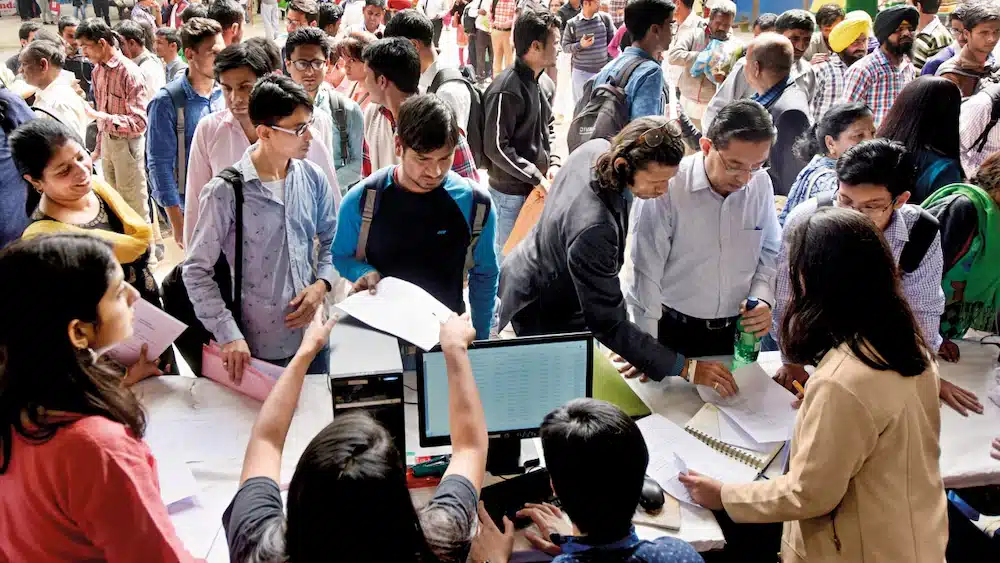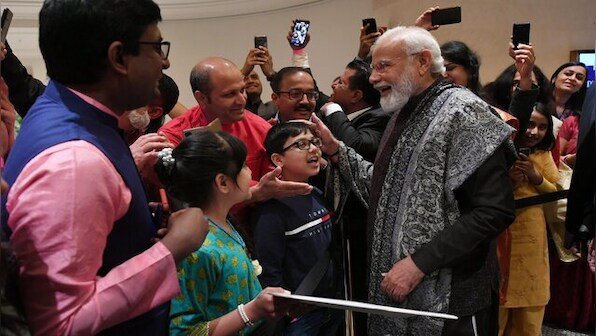India Canada Diplomatic Disputes and its Impact on the Bilateral Relation between the two States
Gurleen Kaur Diplomatic ties between India and Canada, though usually healthy, have soured over the last few years. Trade and cultural exchange have historically defined relations between the two countries, but Canadian Prime Minister Justin Trudeau’s allegation that India played a part in orchestrating the killing of a prominent Sikh activist has led to a […]










